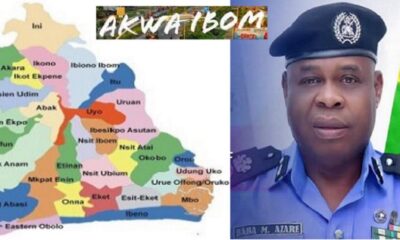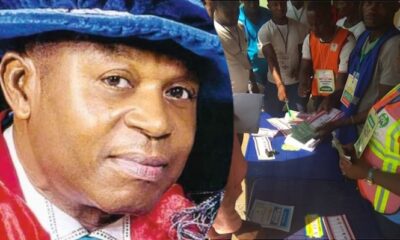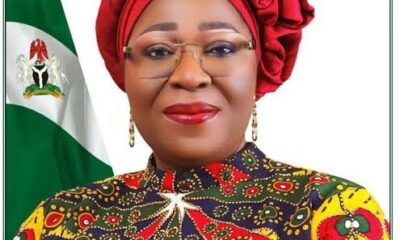Special Features
History and top facts to know about Annang tribe of Akwa Ibom State
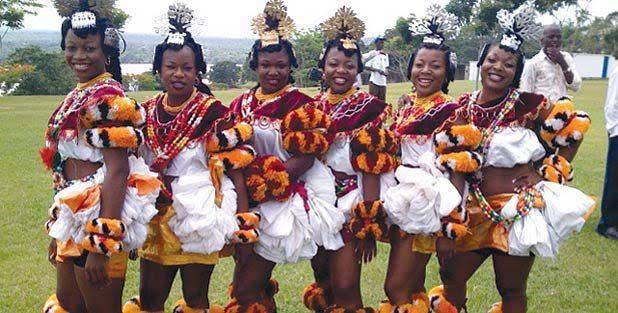
In this post, News360 Nigeria archives a concise history, belief, culture and traditions of the Annang ethnic group.
The Annang people are an ethnic group in Nigeria, primarily located in the Akwa Ibom State, specifically in the Ikot Ekpene, Abak, Etim Ekpo, Ukanafun, and Oruk Anam Local Government Areas.
They have a unique history, culture, language, beliefs, traditions, food, dressing, occupation, and origin that distinguish them as a distinct group within Nigeria.
They are well known for their fearlessness and brevity and as the second most populated ethnic group in Akwa Ibom State with diverse languages.
Despite modern influences, they continue to preserve and celebrate their unique cultural identity.
History
The exact origin of the Annang people is not definitively known but is believed to be linked to the migration of various ethnic groups to the present-day Akwa Ibom State.
The Annang people have a unique identity shaped by their historical interactions with neighboring ethnic groups and their agricultural practices.
Their history dates back to centuries, with their ancestors believed to have migrated to the present-day Akwa Ibom State.
They were known for their agricultural skills, particularly in palm oil production, and were actively involved in trade with neighboring communities.
Language
The Annang language is part of the Niger-Congo language family and belongs to the Benue-Congo subgroup.
It has several dialects spoken by different communities within the Annang ethnic group.
They often refer to themselves as “Owo” or agwo Annang due to their ability to speak their dialect fluently and oratory use of proverbs.
Location
The Annang people are found in the present day Akwa Ibom State and they occupy about eight out of the thirty one local government areas of the State, they include; Abak, Essien Udim, Etim Ekpo, Ika, Ikot Ekpene, Obot Akara, Oruk Anam and Ukanafun and this accounts for it being the second most populated ethnic group in Akwa Ibom State.
Beliefs
The Annang people have a deep spiritual connection to their ancestral heritage and believe in a supreme being known as Abasi Afid (God).
They also venerate ancestral spirits and practice various forms of traditional religion.
Christianity has gained significant followership among the Annang people, alongside traditional beliefs.
Traditionally, Annang communities were organized into clans led by chiefs or traditional rulers who played essential roles in governance and conflict resolution.
In Annang land, libations are poured at public functions and invocations are made to ‘Awasi Anyong’ and ‘Awasi Isong’. Awasi Anyong takes charge of the affairs of the ethereal region while Awasi Isong is concerned with the happenings on earth.
Occupation
Historically, the Annang people were skilled farmers and traders.
Today, many are engaged in various professions such as agriculture, trading, civil service, education, healthcare, and entrepreneurship.
They are richly endowed with oil palm, raffia and a fertile soil for cultivation.
Culture
Annang culture is rich and vibrant, characterized by traditional dances, music, festivals, food, dress patterns and art forms.
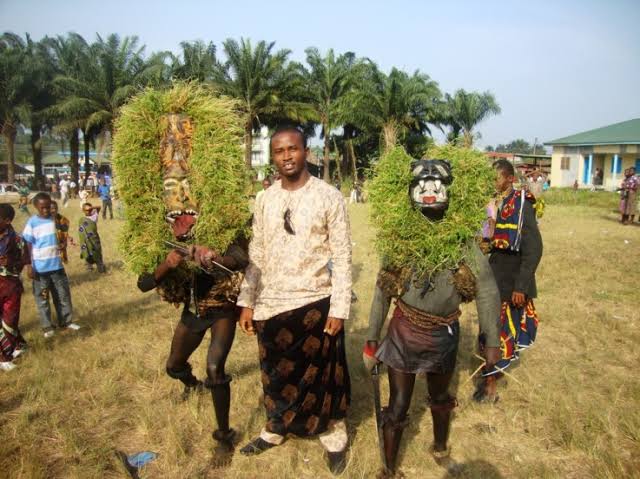
Annang Masquerades
The Annang people have a strong sense of community and kinship ties, with social gatherings and ceremonies playing a significant role in their cultural expressions.
Cuisines
The Annang people have a diverse cuisine that reflects their agricultural heritage.
Staples in their diet include locally grown crops such as cassava, yams, plantains, and vegetables.
They also have various traditional dishes such as edikang ikong (vegetable soup) and afang soup.
They have food taboos like, eating squirrel, python, African black birds and albino python.
Dressing
Traditional Annang clothing includes colorful wrappers for women and loose-fitting shirts and trousers for men.
Beads, coral jewelry, and traditional headgear are also commonly worn for ceremonial occasions.
Marriage
Annang marriage is a deeply rooted tradition that emphasizes the importance of family, community, and cultural values.
It is a celebration that brings together people from different generations and serves as a way to preserve and pass on the customs and heritage of the Annang tribe.
Before the marriage takes place, the young girl undergoes the fattening room practice to help prepare her for marriage.
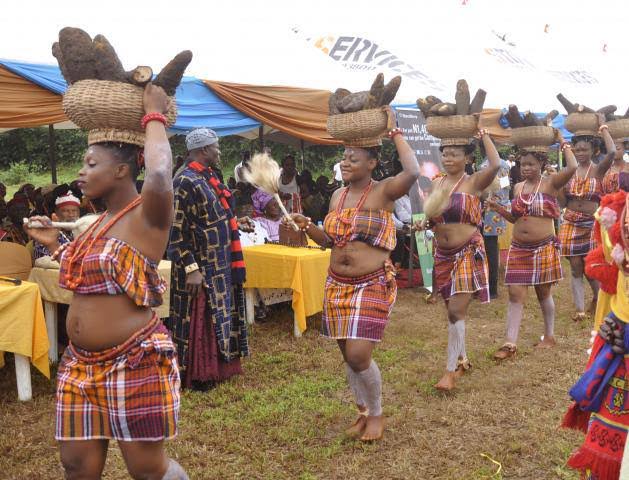
Annang traditional maidens
The girl would be confined to a room and instructed on how to be a wife and perform motherly duties, she would be made to sleep on a bamboo bed to aid fatten her up and also make it possible for her to conceive easily.
The process of marriage typically involves several stages, including the payment of bride price, traditional ceremonies, and the involvement of elders and community members.
One of the key aspects of Annang marriage is the payment of bride price, which is a significant part of the marriage process.
The groom’s family is expected to provide gifts, money, or other valuables to the bride’s family as a symbol of appreciation for their daughter and to show the groom’s ability to take care of his future wife.
Traditional ceremonies and rituals also play a crucial role in Annang marriages.
These ceremonies often involve the blessing of the union by elders, the performance of traditional dances and music, and the sharing of traditional meals.
These rituals serve to strengthen the bond between the couple and their families and to seek the blessings of the ancestors for a successful marriage.


